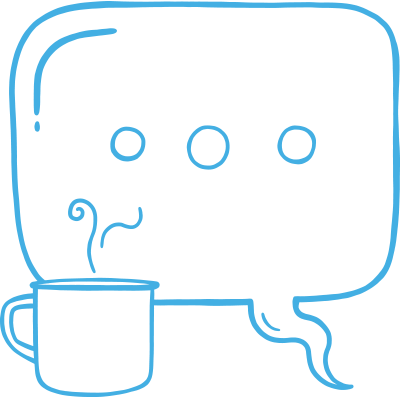
What is the impact of alcohol?
Alcohol is a depressant, which means it slows down brain functioning and neural activity. Like other depressants, it impairs and slows both physical and psychological activity. This means it can disrupt the balance of neurotransmitters in the brain which can affect your mood, thoughts, behaviour and slows down how you process information. The chemical changes to your brain can initially induce feelings of relaxation and calmness, however once worn off these can lead to intense feelings of depression and anxiety. This can make you want to drink more, to ward off negative feelings – which can start a cycle of dependence.












